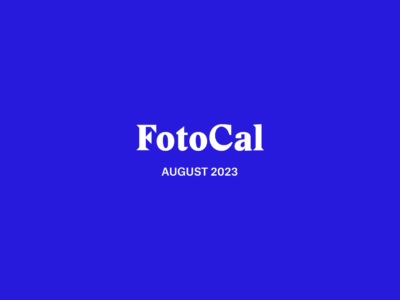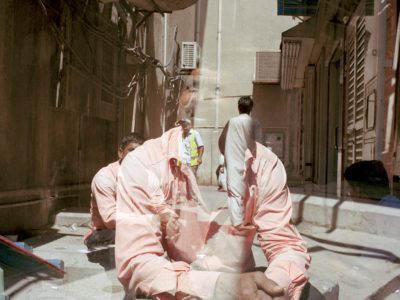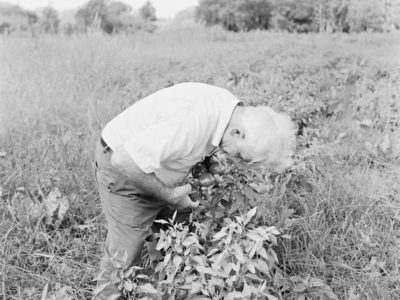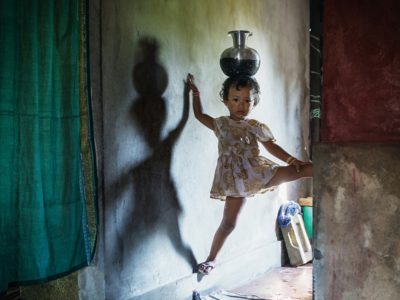Selected Works: Shane Lavalette
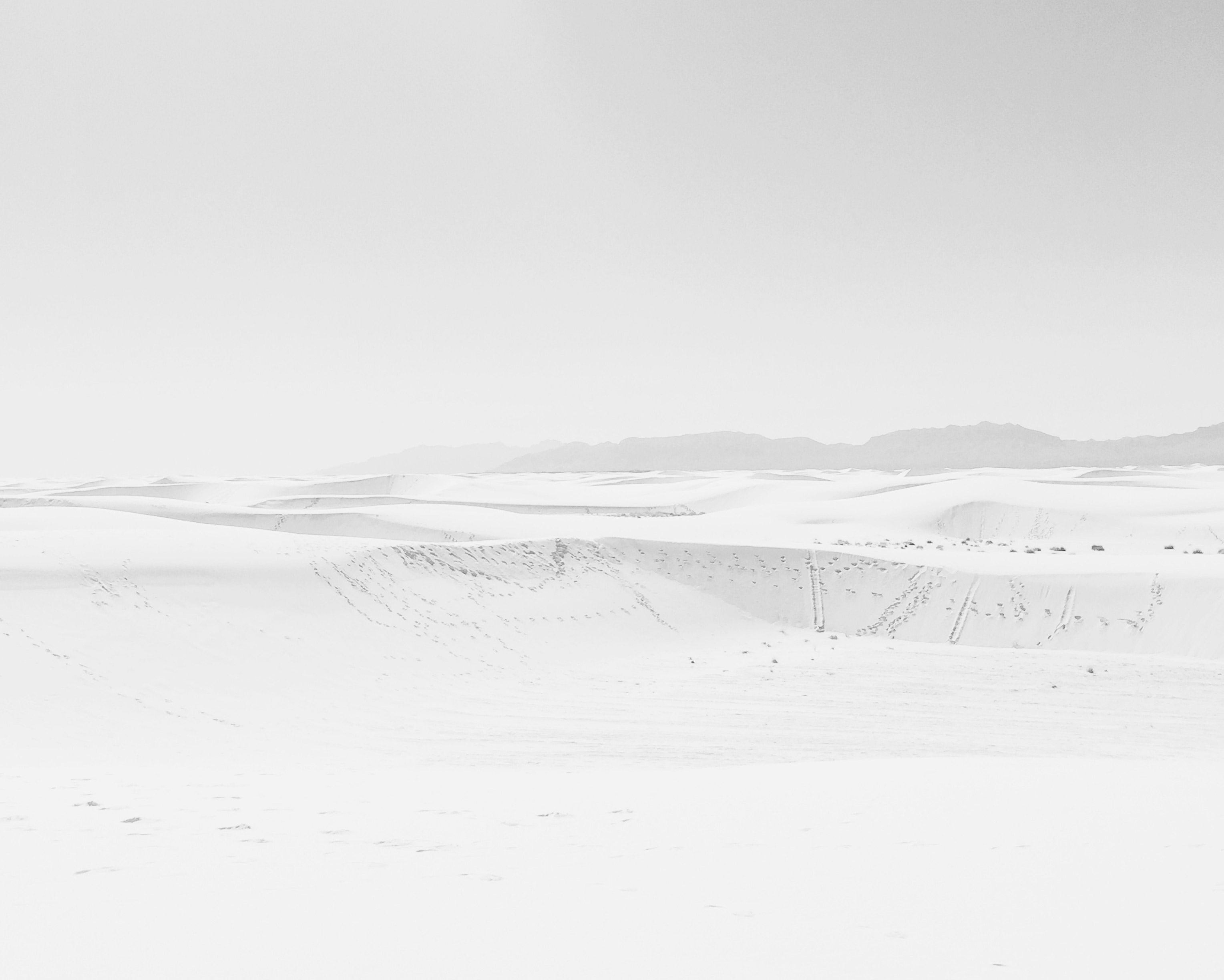
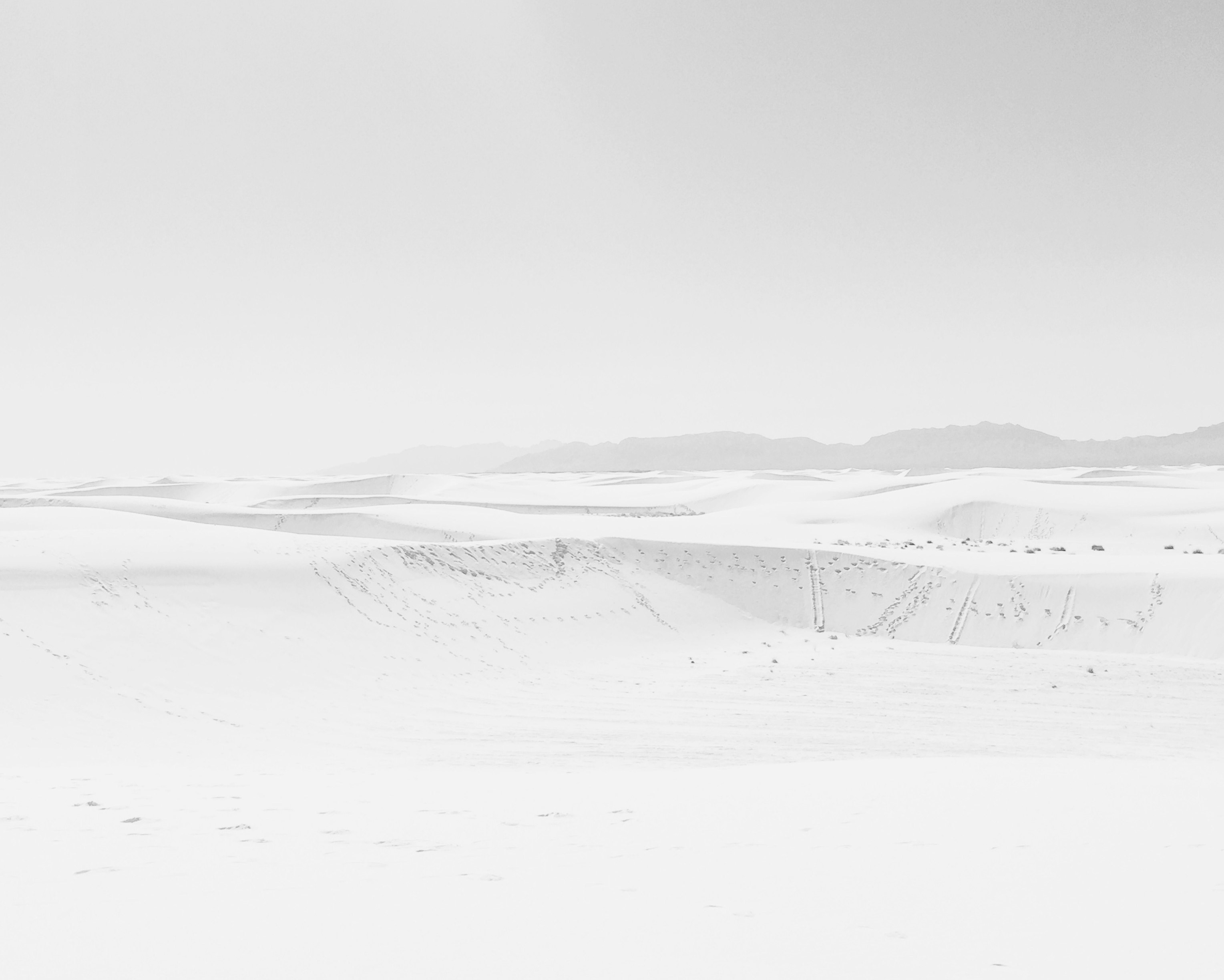
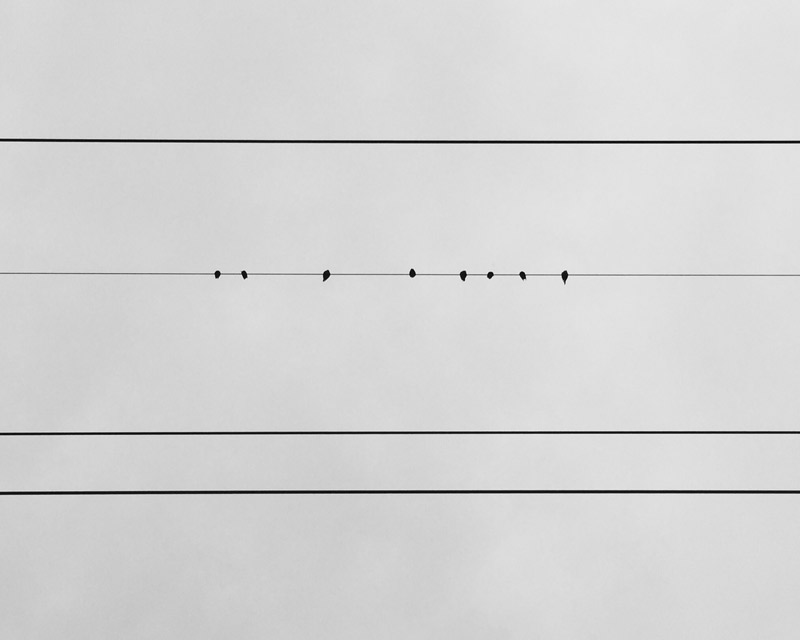
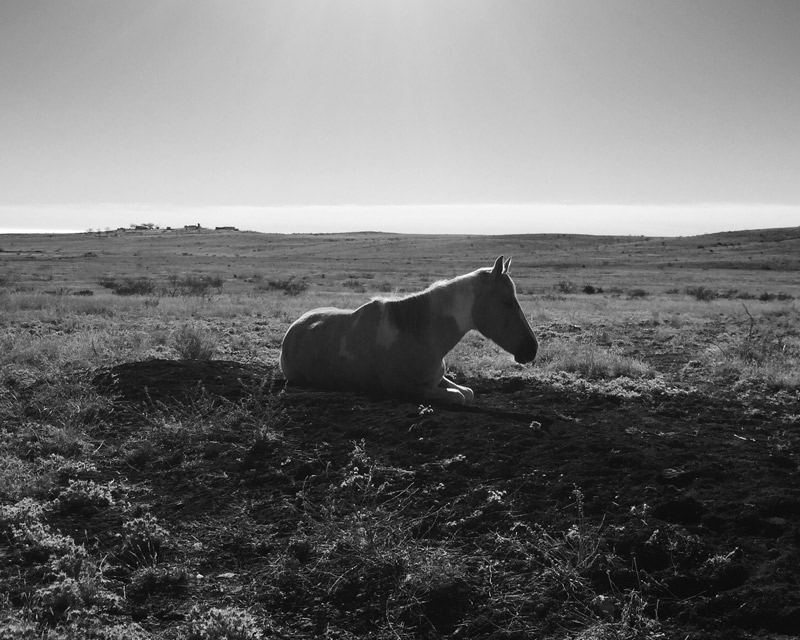
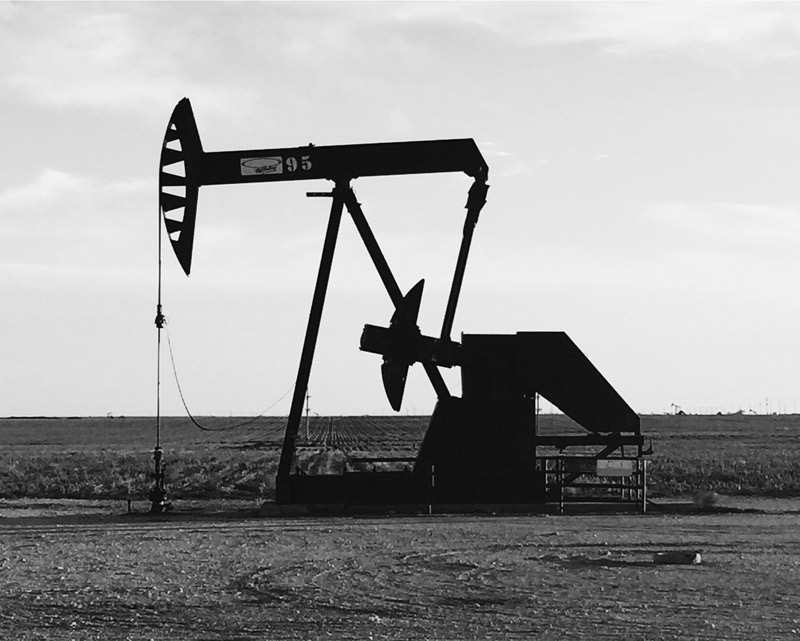
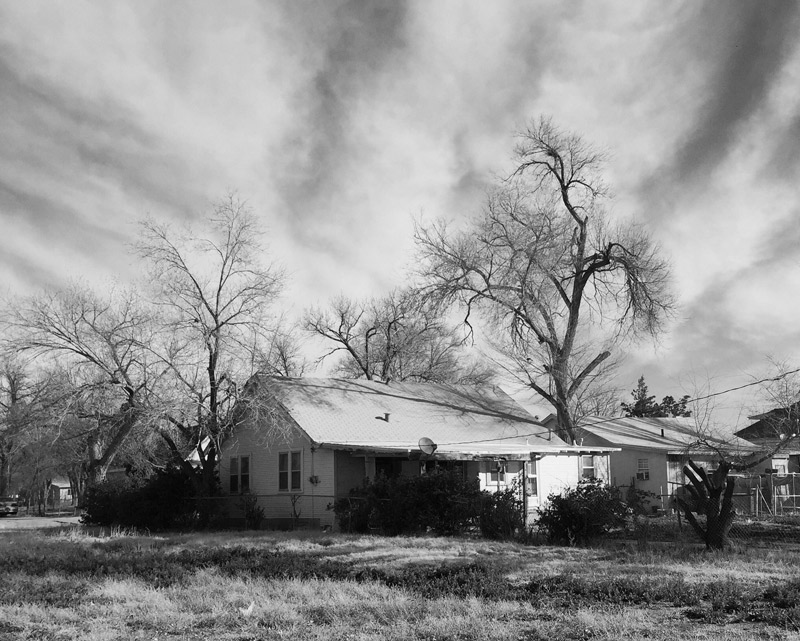
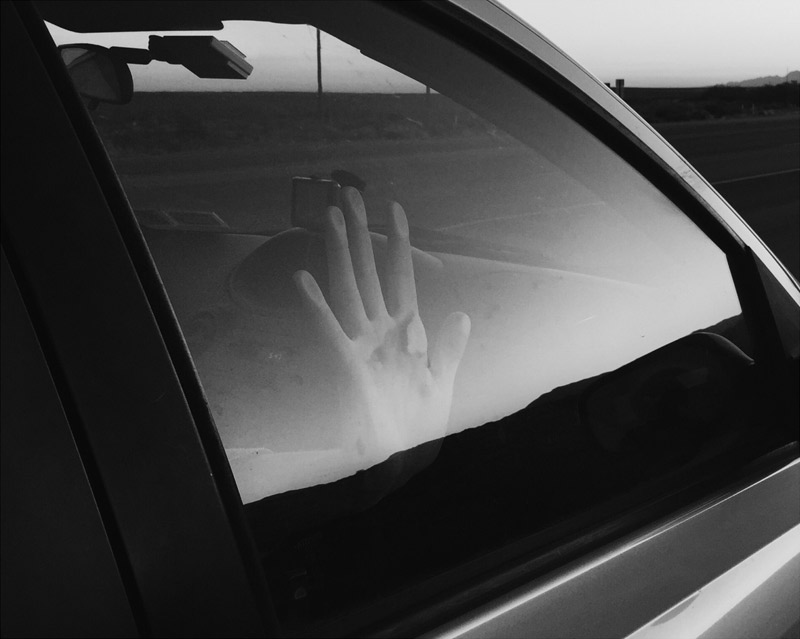
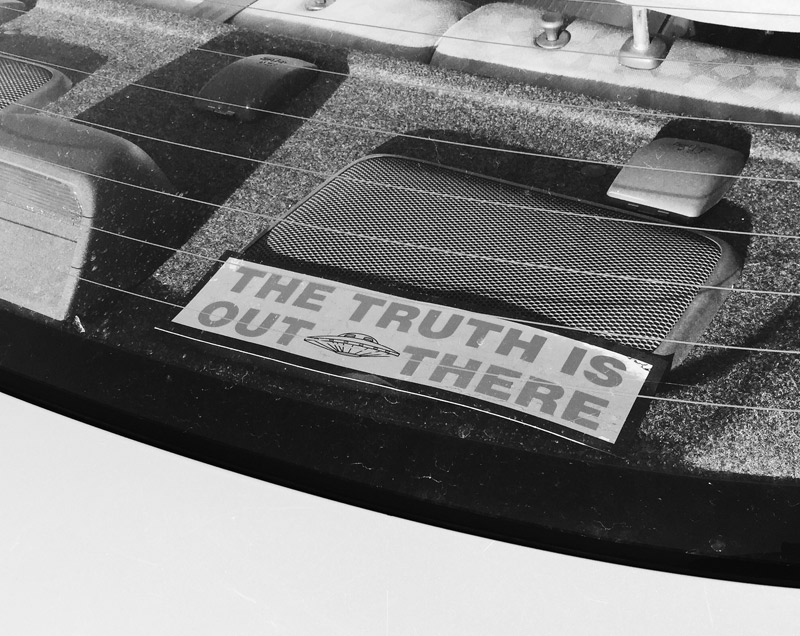
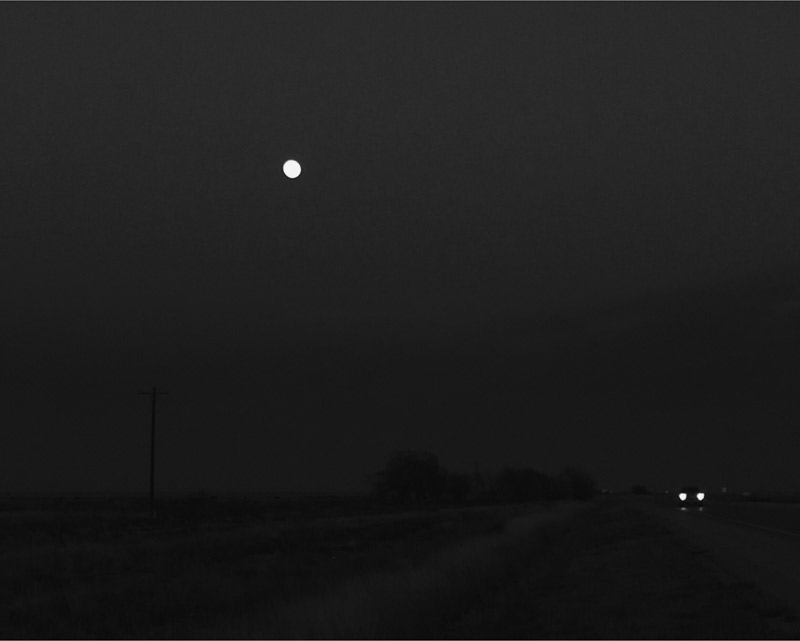
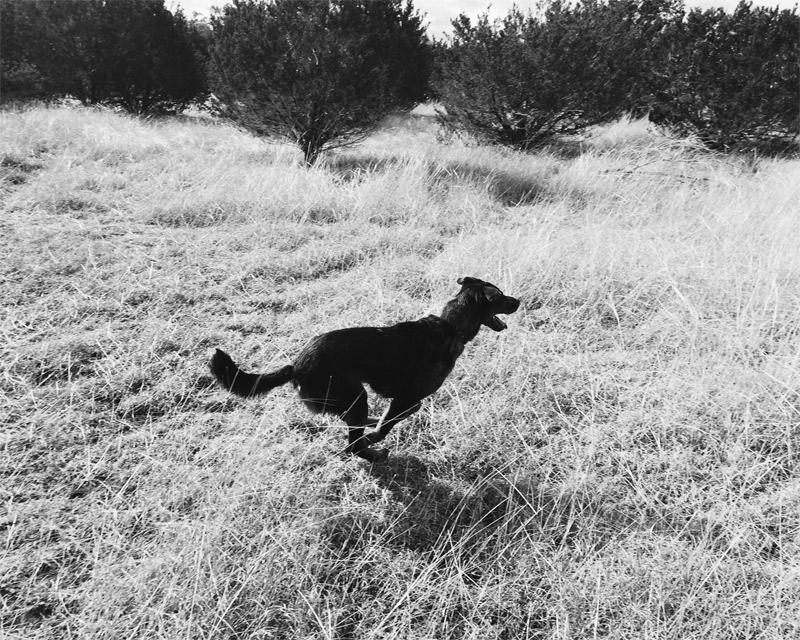
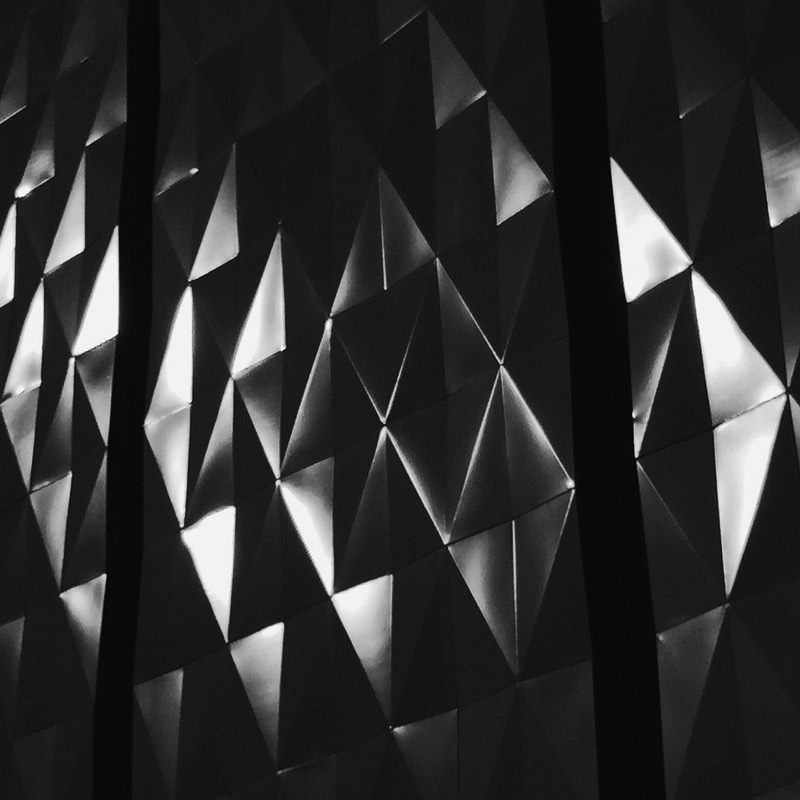
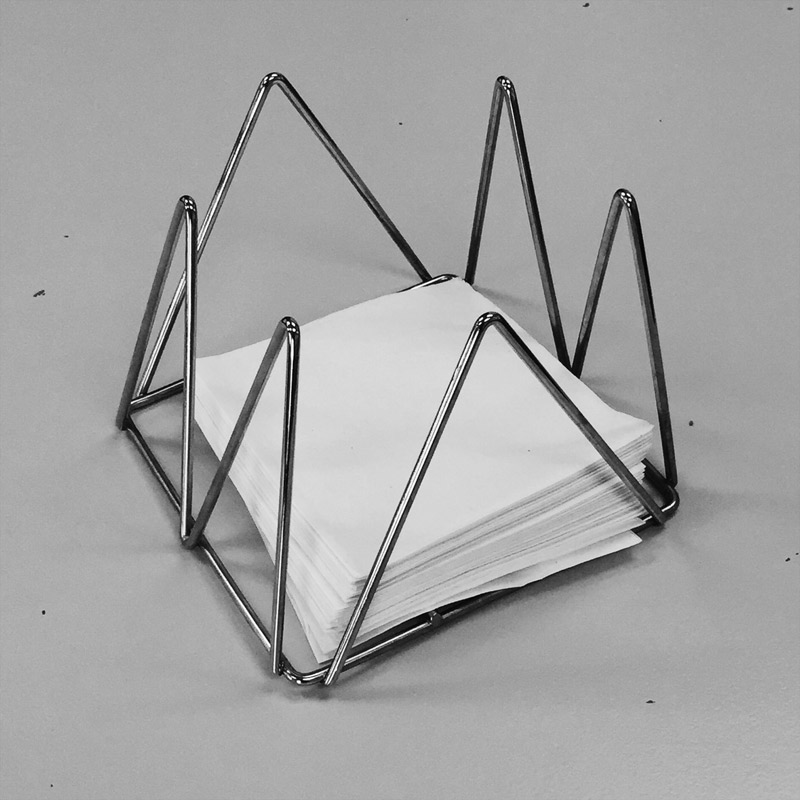
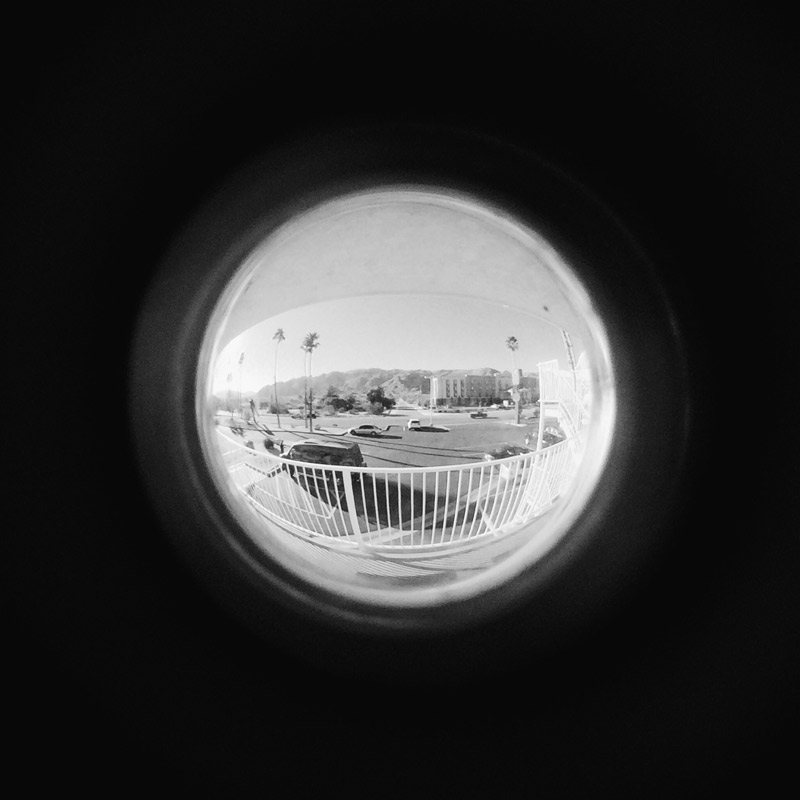
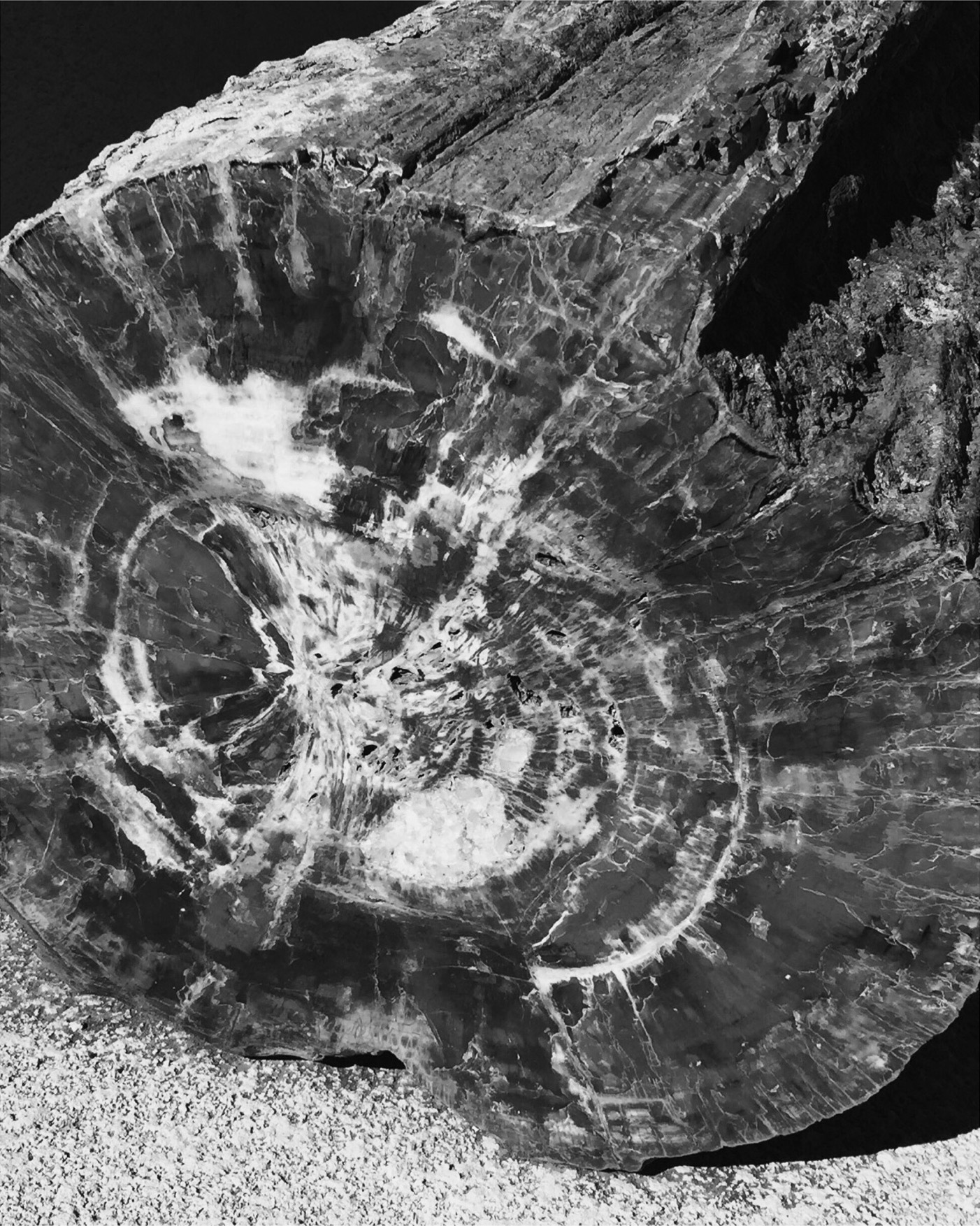
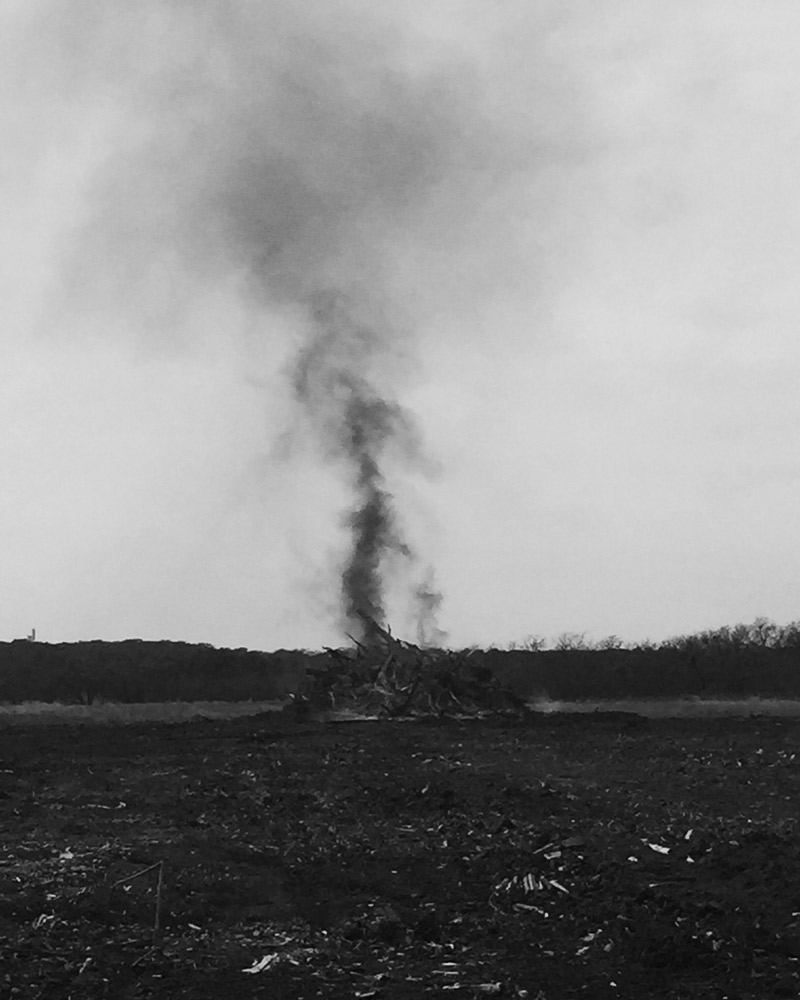
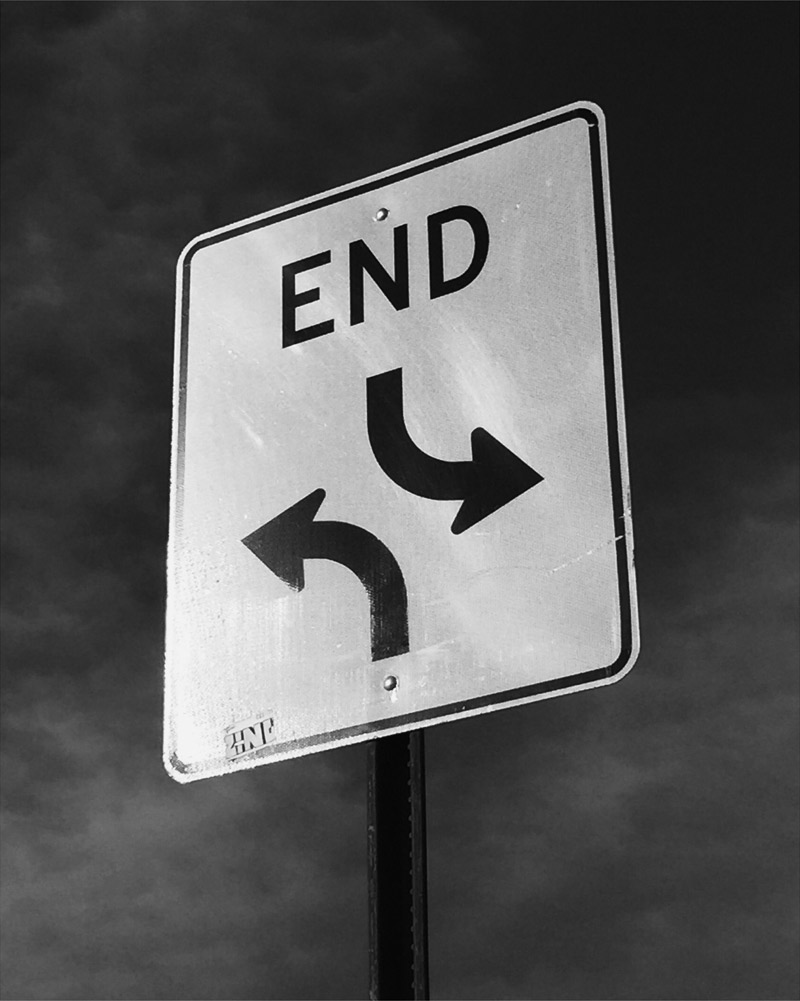
American photographer Shane Lavalette (born 1987) usually shoots in color for his personal projects; but his Instagram feed – which we already recommended in one of our list of photographers to follow on Instagram – is a stream of great, minimalist, black&white only images.
Read our interview with him to find out why Shane decided to go monochrome on Instagram, and to discover about the many projects he’s involved in aimed at promoting the works of other photographers.
Shane is on Facebook, Twitter, Tumblr and Instagram.
Hello Shane, thank you for this interview. What are your main interests as a photographer?
Thanks for having me, happy to chat. That’s a good question to start with. Being a photographer is a really great way to learn from the things around you, and I felt that immediately when I discovered photography.
I think the practice of careful looking is a powerful tool, and the process of photography requires that. In recent years I’ve been primarily making work that has its roots in the world around me or looks at specific places, so “documentary” in a sense, but the images explore more poetic or abstract ideas through place. Right now, I’m trying to open myself up to new ways of making images and playing with other media.
Your personal projects are usually shot in color. Why did you opt for black and white only for your Instagram feed?
I’ve been using Instagram a bit like a sketch book—a place for looking, thinking through ideas, following visual curiosities, etc. Black and white as a “constraint” was simply a way to reduce the images to being purely about the formal qualities and the treatment of the subject.
I think the immediacy of Instagram made me think about journalism and reportage as well, and the way in which black and white implies a (false) sense of truth. So, I play with that notion as well through images that are sometimes harder to decode. Somehow it has also left room for me to explore individual ideas as individual images, rather than the need for a series of images to make up an idea.
Besides being a photographer, you are currently the director of Light Work. Can you briefly describe what Light Work is, and why it can be of interests to the photographers reading?
Light Work is a non-profit photography organization with a mission of providing support to artist’s working in photography. We do this through a number of programs, including an international residency that includes a $5,000 stipend for twelve artists per year, a regional grant program, exhibitions, publications (including Contact Sheet), a public-access lab facility, and much more.
It began as a place that was focused on community, where image-makers could come together and make work, share ideas, collaborate, etc. Today, the lab facility is still the heart of the organization. Light Work has always tried to support emerging and under-recognized photographers at important points in their career.
I’d encourage any artists reading to consider exploring the website and discovering the great work by past Artists-in-Residence, and to consider applying for the residency if there’s a way in which the opportunity could help to evolve or begin a project. Also, to consider Light Work Lab as a place to print your work. Our printers work with emerging and established artists all over the world to produce projects small and large—exhibitions, portfolios, and handle pre-press for publications, etc.
You are also the founder of Lavalette, “an independent imprint for photography“. What urges you to promote other photographers’ works besides your own?
I’ve always had that interest. This led to a curiosity in exploring working with artists to make modest but moving artist books under the imprint. I think I’m equally fulfilled by supporting the work of other artists and helping to realize their visions, whether it’s through curatorial work in an exhibition, or editing for a publication. It’s a complimentary part of my own creative process in many ways.
How do you juggle all the different things that you do? You must have crazy organizational skills.
Haha! Sometimes I think I’ve got too much on my plate, but I’m trying to get better at slowing things down, kindly saying “no” to certain opportunities for the sake of focusing on what’s already in front of me, etc. It’s not easy. As I said I think the energy of all the different projects tends to help move each forward in a positive way.
Everyone watches movies, and everyone listens to music, but too few even realize that there is something called photography they could enjoy as they do music or cinema. Why do you think is that, and how we can change that?
I think that’s already changing. We’re becoming a more and more visually literate culture, and images are taking on more prominence and complexity in the main stream. Phones are cameras, Instagram is a form of social communication, etc. Naturally, I think photography will continue to be an important industry and a significant form of art.
If you could change or improve one thing about the photography industry, what would it be?
I would try to encourage everyone to do what I was saying I’m trying to practice myself; to slow down. It’s become so fast paced. Just like the process of making pictures, there’s so much you miss when you don’t take the time to slow down.
Who are some of your favorite contemporary photographers?
Depends on the day! Lately, I’ve been inspired by a number of artists that are finding ways to utilize the photograph in their practice, but would likely not consider themselves “photographers.” I just finished working on an exhibition that opened this past week at Light Work with Letha Wilson. We produced a short video about her work which is worth a peek.
Do you have time for any other passion besides photography?
Food. I love the way in which food transports you, similar to what I enjoy about art.
Choose your #threewordsforphotography.
Questions. Magic. Attraction.
Keep looking...
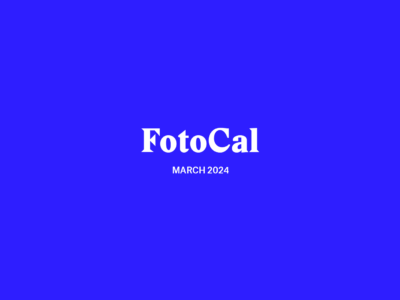
FotoCal — Photography Awards, Grants and Open Calls Closing in March 2024
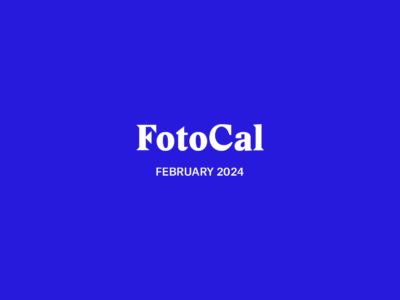
FotoCal — Photography Awards, Grants and Open Calls Closing in February 2024
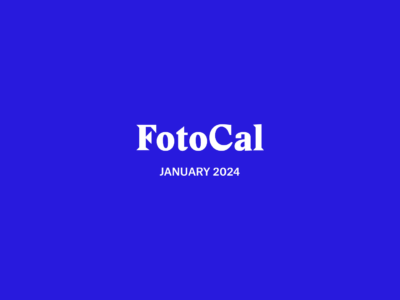
FotoCal — Photography Awards, Grants and Open Calls Closing in January 2024
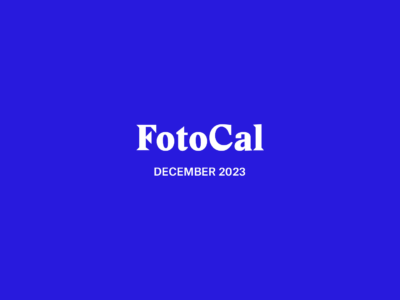
FotoCal — Photography Awards, Grants and Open Calls Closing in December 2023
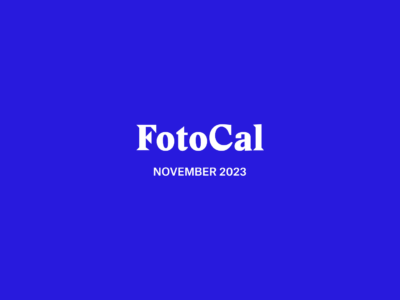
FotoCal — Photography Awards, Grants and Open Calls Closing in November 2023
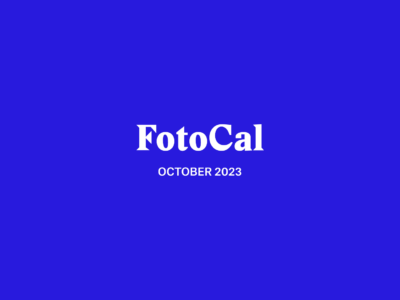
FotoCal — Photography Awards, Grants and Open Calls Closing in October 2023
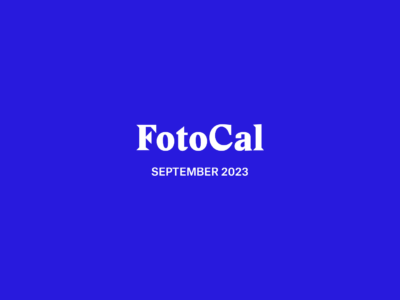
FotoCal — Photography Awards, Grants and Open Calls Closing in September 2023
